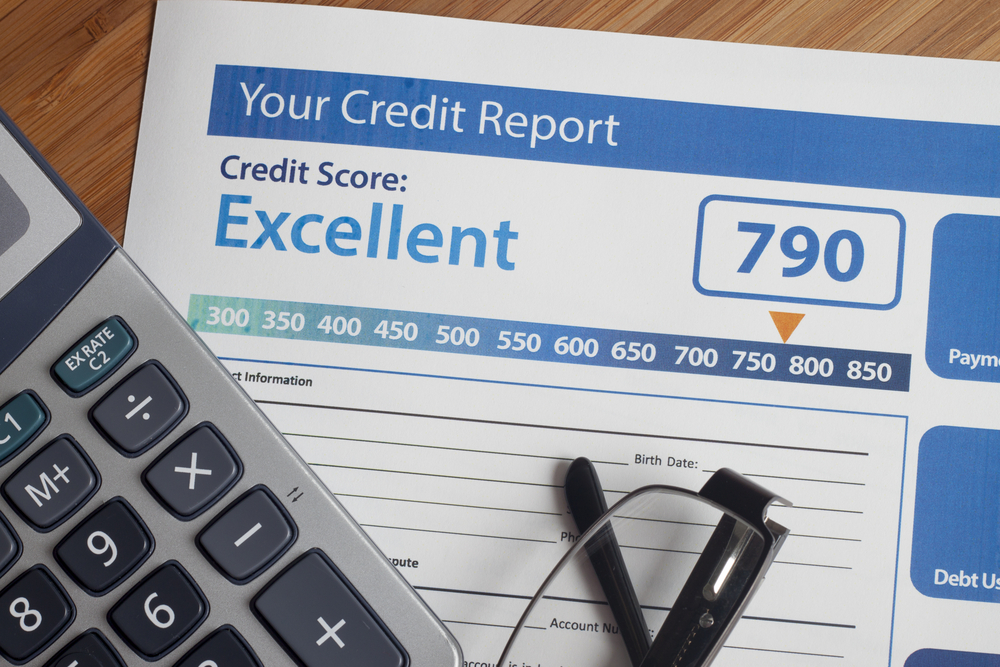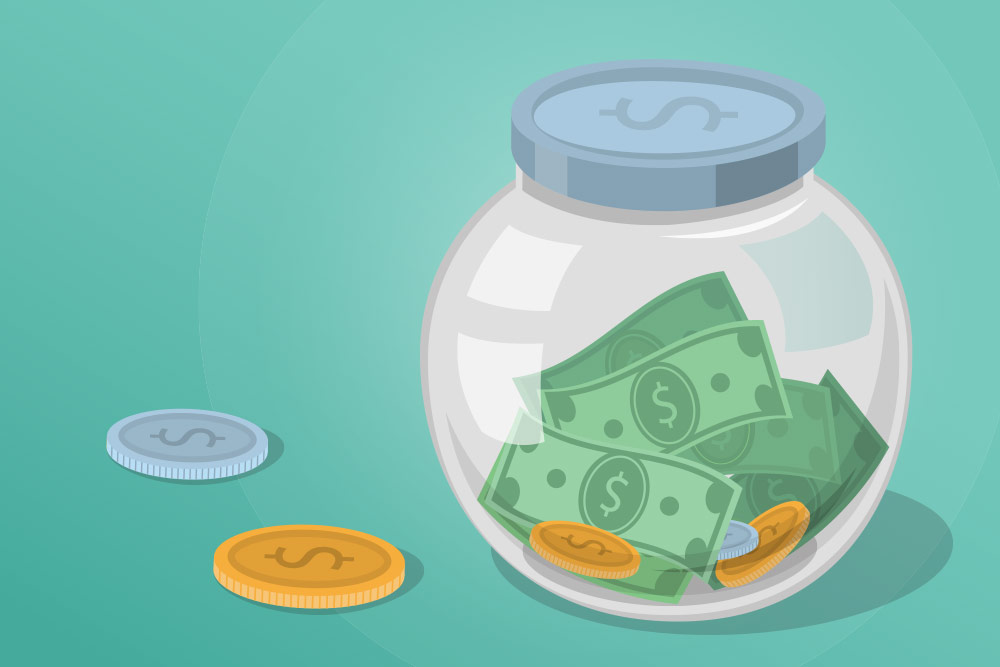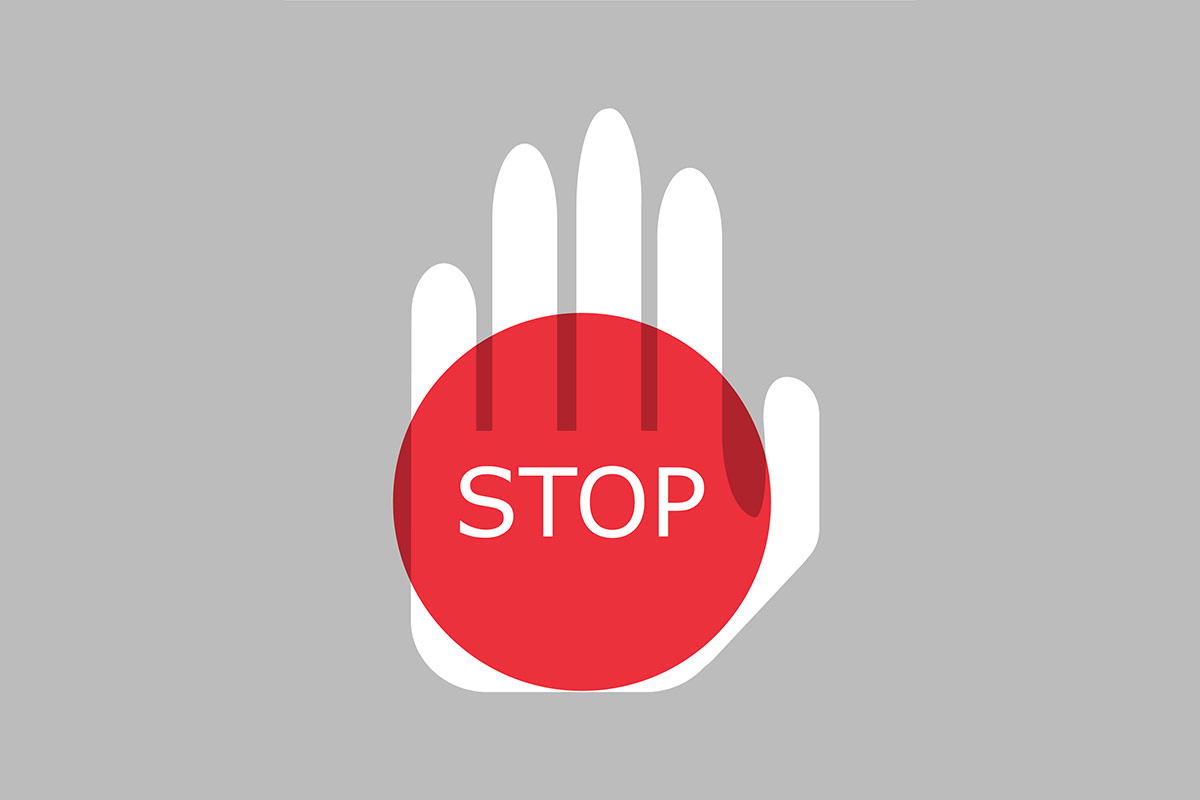Your Credit Report and Credit Score

A Credit Report is a record of a person's current and recent financial history and is held and maintained by several credit reporting agencies.
If you apply for a loan or credit, lenders check your report to help determine your capacity to keep up with payments. For example, a report full of unpaid debts would discourage a lender from offering you further credit.
Lenders sometimes use a credit score in Australia to decide whether to lend you money.Your credit score is calculated on what is in your credit report, including information such as: the amount of money you have borrowed; how many credit applications you have made; and if you have made payments on time.
Credit scores range between zero and 1000 or 1200. A high score means you are less risky to lend money to.
What is in a credit report?
Personal details such as your name, address, date of birth, details of any existing credit you hold, and whether you pay these on time.
This includes:
- current loans
- credit cards
- mobile phone accounts
- household utilities accounts
- details of any applications you have made for credit in the last five years
- any defaults (any unpaid credit overdue by60 days or more)
- any court judgements or orders, and bankruptcy or debt agreements you have entered into.
It is important to note that when you apply for a copy of your credit report, your current contact details will be updated which creditors can use to contact you for unpaid debts.
HOW LONG DO DETAILS REMAIN ON MY CREDIT REPORT?
- Hardship -1 year
- Defaults - 5 years from when it is listed on your credit report
- Clearout / serious credit infringement - 7 years from when it listed on your report
- Current loans - 2 years from when your loan ends
- Repayment history information - 2 years from the date the monthly payment was due and payable
- Court judgments -5 years from the date of judgment
- Part IX Debt agreements - 5 years from the date you entered the debt agreement, or 2 years from the date the debt agreement is terminated or declared void, or when the debt agreement is completed, whichever is the longer
- Bankruptcy - 5 years from the date you became bankrupt, or 2 years from the date the bankruptcy ends, whichever is the longer
WHO CAN SEE OR ADD TO YOUR CREDIT REPORT?
Credit providers (who offer at least a 7 day credit facility) that you either hold or apply for.
Real estate agents do not have access to view your credit report.
You can request a copy of your credit report and credit score every 3 months. To find out how to get a copy of your report, see the National Debt Helpline.
A reporting agency isrequired to provide your free report within ten days of a request. They may also offer options where you can choose to pay a fee to receive it faster. You do not have to pay this fee unless you want the report in a hurry.
WHAT TO CHECK ON YOUR CREDIT REPORT
- You need to check that details are accurate and complete; that any defaults or unpaid bills have not been incorrectly recorded, or not updated; and that nobody else’s transactions have mistakenly ended up on your file, because errors do occur!
- If there is a mistake, you have the right to contact the credit reporting agency or the creditor (or both) and request a correction. For example, an unpaid loan default may have been eventually paid off but not updated as ‘Paid’ on the credit report.
If you notice something is incorrect on your credit report, you can follow these steps to fix your credit report. Please note: there are organisations that charge money to fix your credit report when it is something you can do yourself, for FREE.
TIPS FOR MAINTAINING A HEALTHY CREDIT REPORT
- Pay bills when they are due.
- Keep up with loan and finance repayments.
- Avoid making lots of credit applications.
- Check for any mistakes in your report and act to have them corrected.
- If you have been impacted by family violence you may be able to have credit listings removed from your credit report. See a free financial counsellor for assistance.




